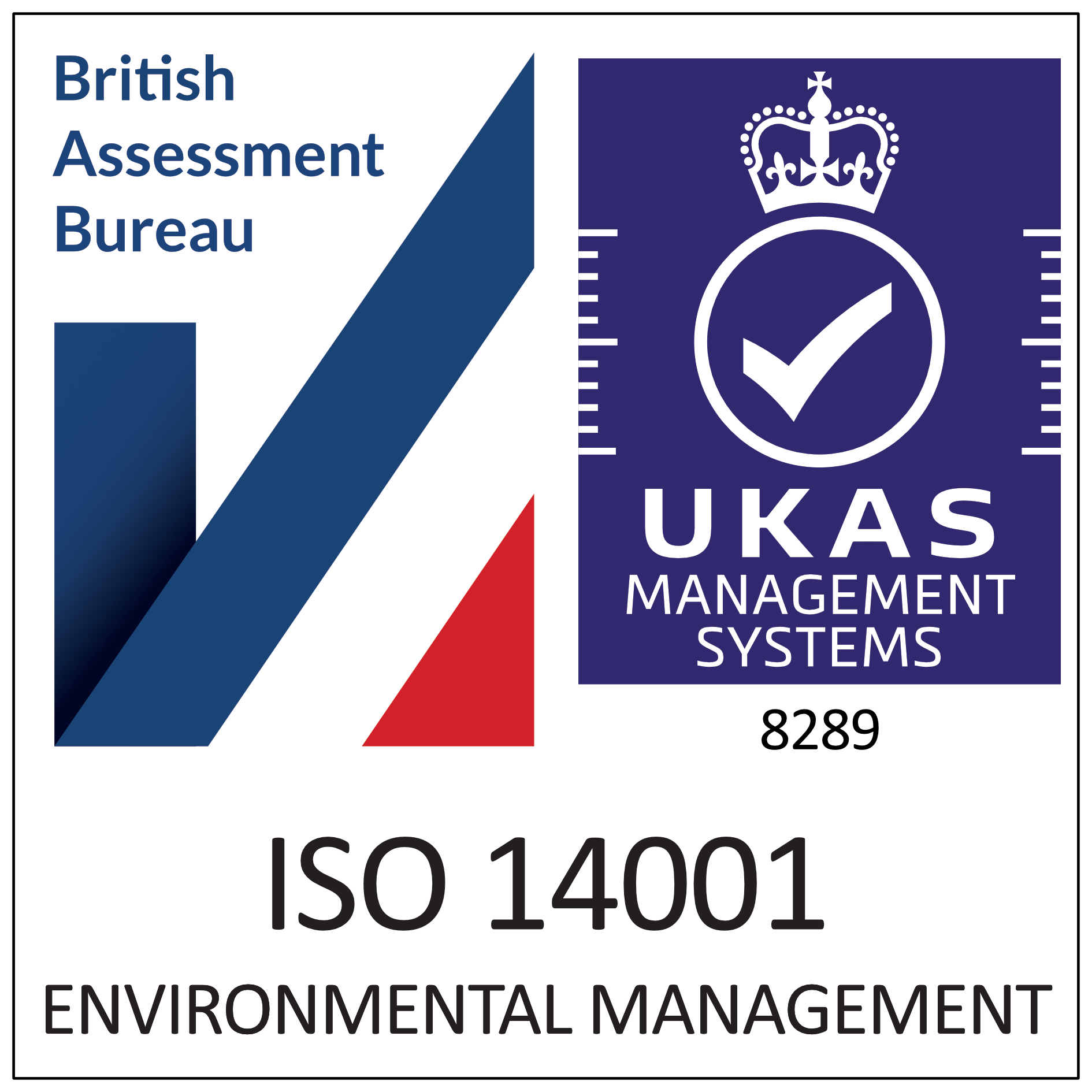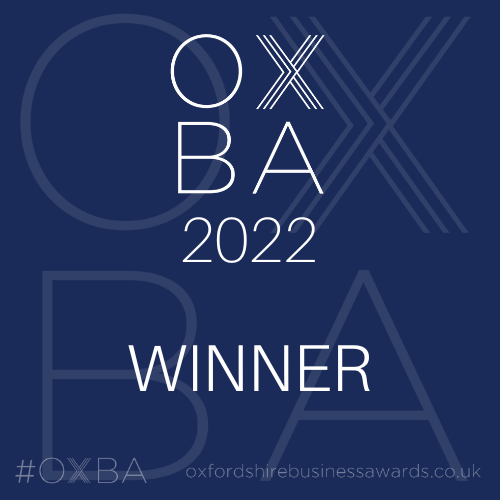








Find your perfect course from our full-time, part-time and professional qualifications
Looking for news or general information? Search our entire website
Course code: XMZR400P
Subject area: Early Years
Study level: Apprenticeship
Course level: 3
Course time:
09:00 - 17:00
Days of week:
Various
Course date:
Flexible Start - 31st Jul 2025
Course location:
Off SiteDuration:
• 18 months practical training period, plus 3 months for End Point Assessment
Delivery model:
• Work-based training with your employer
• Approximately 12 on-site assessment visits per year
• Level 2 Functional Skills in Maths and English (7 days at college for each, if required)
• Off the job training will count for at least 6 hours a week of an apprentice’s time at work
Qualifications included:
• Level 2 Functional Skills in English and Maths
• Level 3 Diploma for the Early Years Workforce (Early Years Educator)
• Level 3 Award in Emergency Pediatric First Aid
• Level 3 Early Years Educator Apprenticeship
End Point Assessment:
• Knowledge test
• Professional discussion
• The expected patterns of children’s development from birth to 5 years, and have an understanding of further development from age 5 to 7.
• The significance of attachment and how to promote it effectively.
• A range of underpinning theories and philosophical approaches to how children learn and develop, and their influence on practice.
• How children’s learning and development can be affected by their stage of development and individual circumstances such as moving school, birth of a sibling, family breakdown and adoption and care
• The importance of promoting diversity, equality and inclusion, fully reflecting cultural differences and family circumstances.
• The importance to children’s holistic development of: - speech, language and communication - personal, social and emotional development - physical development
• Systematic synthetic phonics in the teaching of reading, and a range of strategies for developing early literacy and mathematics.
• The potential effects of, and how to prepare and support children through, transitions and significant events in their lives.
• The current early education curriculum requirements such as the Early Years Foundation Stage.
• Level 2 Functional Skills in English and Maths
• Level 3 Diploma for the Early Years Workforce (Early Years Educator)
• Level 3 Award in Emergency Pediatric First Aid
• Level 3 Early Years Educator Apprenticeship
What skills will apprentices gain?
• Analyse and explain how children’s learning and development can be affected by their stage of development and individual circumstances such as the needs of children learning English as an additional language from a variety of cultures
• Promote equality of opportunity and anti-discriminatory practice.
• Plan and lead activities, purposeful play opportunities and educational programmes which include the learning and development areas of current early education curriculum requirements.
• Ensure plans fully reflect the stage of development, individual needs and circumstances of children and providing consistent care and responding quickly to the needs of the child.
• Provide learning experiences, environments and opportunities appropriate to the age, stage and needs of individual and groups of children.
• Encourage children’s participation, ensuring a balance between adult-led and child-initiated activities.
• Engage in effective strategies to develop and extend children’s learning and thinking, including sustained shared thinking.
• Support and promote children’s speech, language and communication development.
• Support children’s group learning and socialisation.
What behaviours will apprentices develop?
• Care and compassion - provide the very best childcare to every child every day combined with the ability to professionally challenge poor practice
• Being team-focused - work effectively with colleagues and other professionals and support the learning and development of others through mentoring and sharing of professional expertise and experience.
• Honesty, trust and integrity - develop trust by working in a confidential, ethical and empathetic manner with a common sense and professional attitude.
• Commitment to improving the outcomes for children through inspiration and child centred care a








